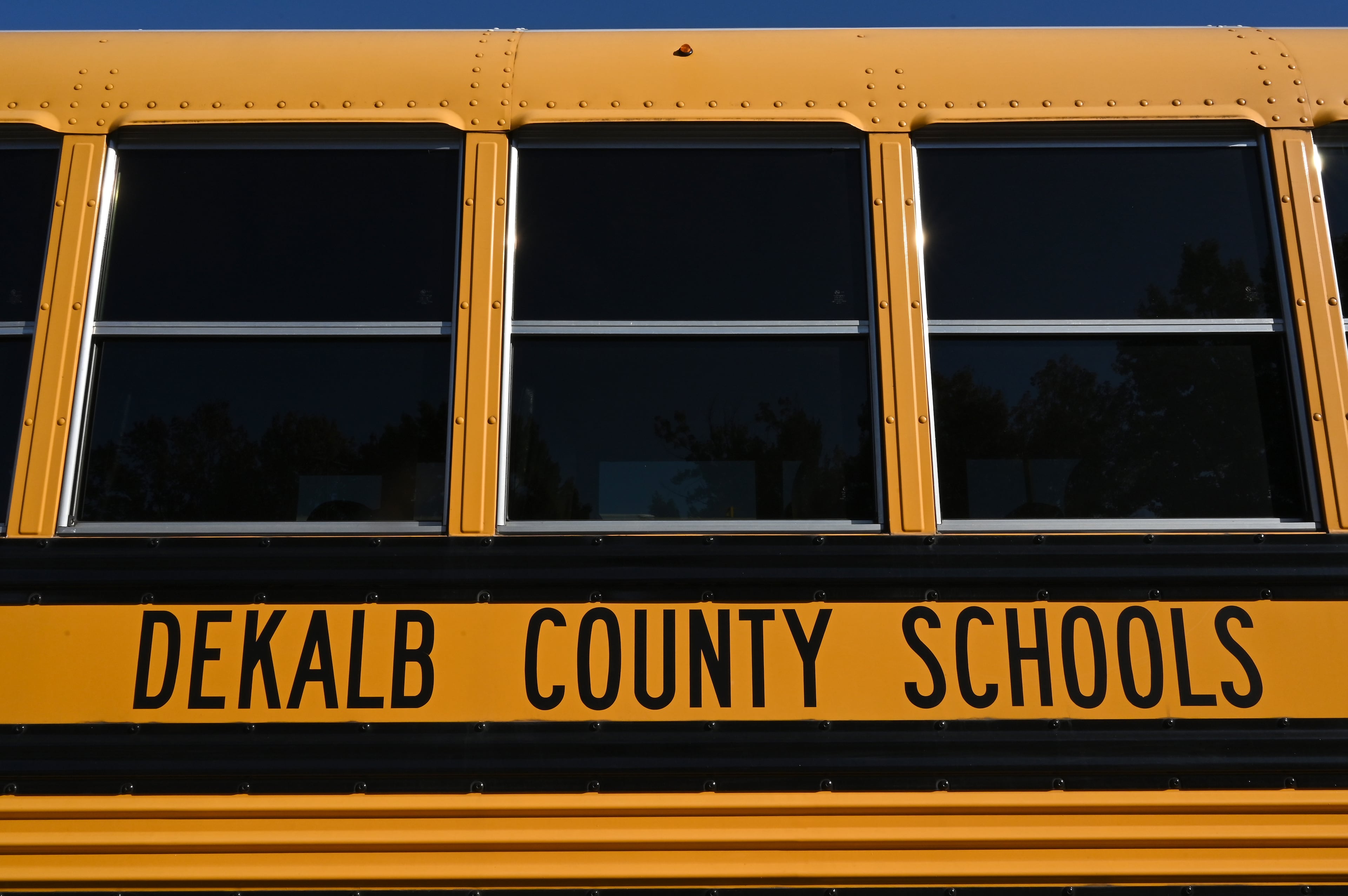Is Georgia approving too few charter schools?

Is the purpose of the charter school movement to provide families more choices or better choices? That question underpins a shift in the rhetoric of charter school advocacy in Georgia.
Charter schools are public schools that operate under the terms of a charter or contract that extend them flexibility from certain rules in exchange for raising student achievement.
Increasingly, proponents are stepping back from the early promise that charter schools would use their flexibility to outperform traditional schools on standardized tests. Instead, supporters are lobbying policymakers to consider other metrics in judging charter schools, including whether parents report greater satisfaction. It would be similar to suggesting that while a new freeway alternative to I-285 wouldn’t necessarily improve gridlock or commuting time, drivers would enjoy the scenery more.
In an essay on this blog, for example, an advocate recently wrote that charters should be "acknowledged for their uniqueness and judged by their raw impact, not by standardized tests or an arbitrary grading system."
All public schools are judged by standardized tests scores. When charter schools were first introduced in Georgia, the rationale was that innovative models were needed because of the low-test scores of public schools serving the state’s poorest children.
Now, some 20 years later, charter schools serving low-income students also struggle with test scores. On average, charter schools perform about the same as traditional public schools, and student demographics play a key role in that performance.
A campaign is now under way to change the standards to which Georgia charter schools are held, and a chief target is the State Charter Schools Commission, which is being cast as an impediment to charter school growth.
Created by a 2012 constitutional amendment, the commission has the power to overrule local boards of education and approve and fund charter schools. To its credit, the commission has been judicious in approving charters, which explains why Georgia is not among the growing list of states mired in major charter school scandals and failures.
Critics of the commission maintain the spread of charter schools has been limited because of the commission’s unreasonable demands.
But the commission makes no apology for its prudence.
At the commission’s June meeting, Chair Tom Lewis addressed recent columns and letters to the editor in newspapers around the state criticizing how few applications the commission approved.
“We’ve got a little word called accountability and we watch that very closely and continue to do that,” he said. “We want to say emphatically that we support charter schools. We support virtual charter schools. We have stated from the beginning that it is our mission to make sure that we have a better system across the board.”
“When we are looking at applications, we want to make sure the students are going to be better served,” said Lewis. “We are not here to approve a bunch of applications. At the end of the day, it is what is best for the students. This is what they deserve, and we are not changing.”



